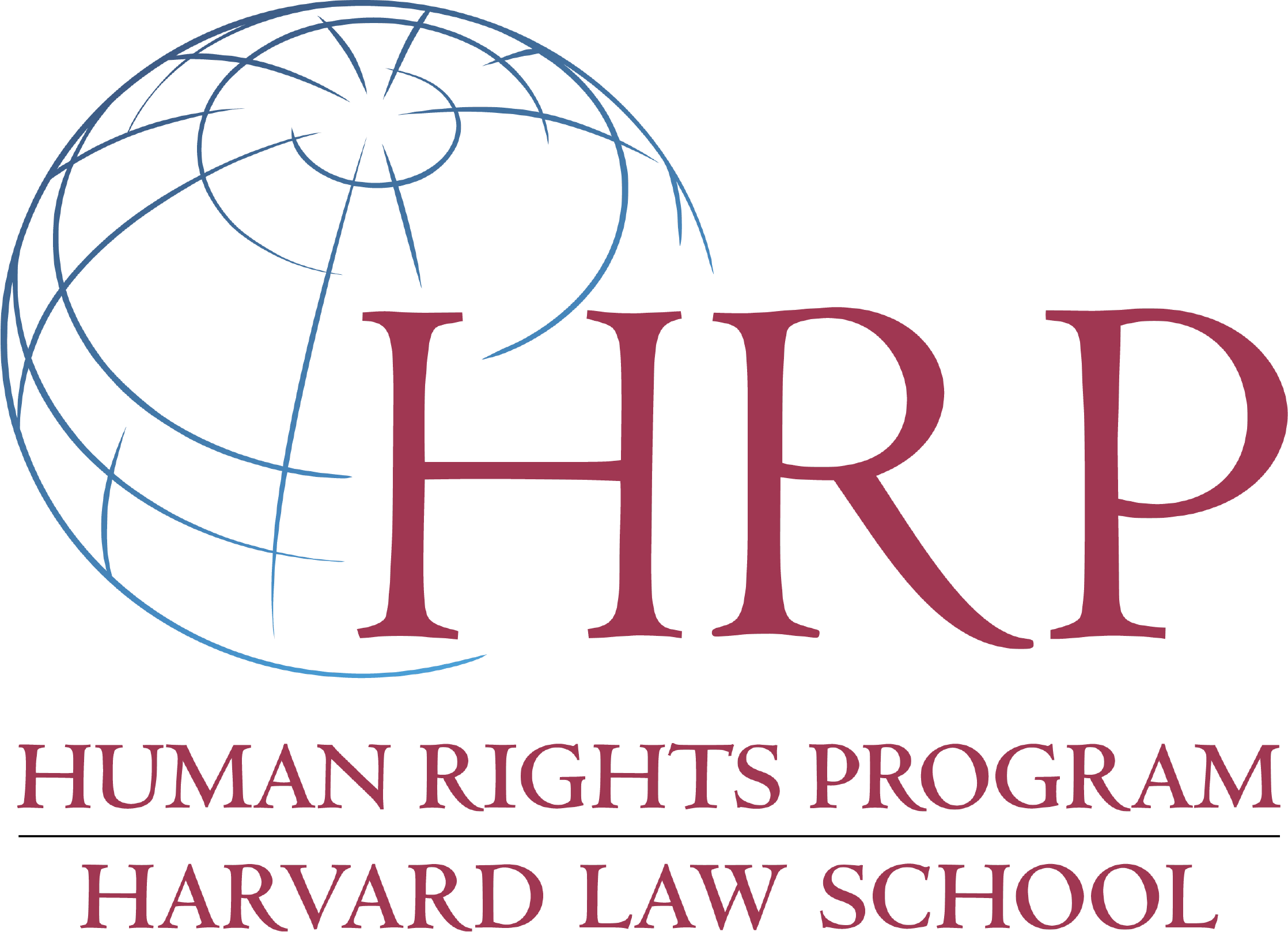2019 HRP Summer Fellow Reflection: Julian Morimoto JD’21
Morimoto spent summer 2019 in the Philippines documenting Duterte’s war on drugs
Summer fellowships for human rights internships are a central part of the Harvard Law School human rights experience. During the summer of 2019, HRP funded five HLS students to intern abroad at nongovernmental organizations for up to eight weeks. At the conclusion of their internships, students returned to HRP with a deeper appreciation for the type of field work required of human rights practitioners. Throughout January, we’ll be excerpting portions from the 2019 HRP Summer Fellowship cohorts’ final reports to provide a glimpse into the kinds of experiences open to human rights students at Harvard Law.
Last summer, Morimoto spent 12 weeks at Initiatives for Dialogue and Empowerment through Alternative Legal Services (IDEALS) in the Philippines, where he contributed to the organization’s analysis on the Philippines’ war on drugs and human rights law. In July, Amnesty International called President Rodrigo Duterte’s tactics over the last three years a “large-scale murdering enterprise” and called on the United Nations to investigate for “crimes against humanity.” As an NGO committed to providing legal advocacy on behalf of “marginalized, disempowered, and vulnerable groups,” IDEALS has been working on documenting the human rights violations occurring in the war on drugs for years.
As a Filipino-American, Morimoto was personally invested in and impacted by the work. Over the course of the summer, he read through transcripts of interviews of individuals alleging to be victims or relatives of victims of human rights violations, either extrajudicial killings or arbitrary arrests. Looking for trends in the data given to him, Morimoto found “evidence that the war on drugs campaign is in tension with international and domestic human rights law,” he said.
Morimoto described the experience as eye-opening, challenging his preconceived notions of human rights lawyering. Having expected international human rights bodies like the United Nations to more centrally figure in the organization’s strategy, he learned that “more of the important mechanisms for vindicating rights were domestic in nature,” he said. He was also surprised by how much IDEALS staff encouraged him to explore economic, social, and cultural rights, though he had come from a U.S.-education system where civil and political rights were more heavily emphasized.
In his internship, Morimoto also had the opportunity to draw on his mathematics background, discovering how integral statistics became for the organization’s documentation efforts.
“I initially thought the report was going to be most helpful as a case-by-case analysis of how the war on drugs violated the rights of people in the Philippines,” he said. “Through this approach, I was going to go through the each documentation of human rights violations and point to which portions of international and domestic human rights law they violated. However, staff encouraged me to look at trends in the data: how many of the victims had their homes broken into, how many of the victims were falsely labeled as nanlaban or ‘resisters’ after police had killed them, how many victims were uneducated, etc. This helped me learn that these trends can also be useful for human rights lawyering (in contrast to an individual, case-by-case analysis of each documentation), because it helps show that the human rights violations aren’t just isolated incidents: there is a government policy that systematically violates human rights.”
IDEALS staff encouraged Morimoto to take both a wide-eyed view of the trends and dive deeper into individual stories. Over the summer, he was exposed to heartbreaking descriptions and pictures of violence. The research made him see “how difficult human rights work can be.”
“In spite of all this,” he said, “it taught me that human rights is not just some lofty ideal discussed by people in iron towers. It is a tool that many people would like to use to find relief for injustice. Furthermore, it taught me that while the international human rights regime may have many, many flaws (particularly from the lens of developing countries, against whom human rights law appears to be disproportionately enforced compared to rich, Western countries), the fact remained that the people I was trying to help wanted to rely on this system to obtain justice, and that being an advocate sometimes meant setting aside your own views about a system to better fulfill the wishes of your clients.”
Morimoto described IDEALS staff as a family. They gave him the independence and autonomy to design his own project and methodology, while providing him with feedback and direction when he asked for it. At HLS, he hopes to continue to study armed conflict and public international law.
Interested in learning more about HRP Summer Fellowships? Schedule an advising appointment with Anna Crowe, Assistant Director of the International Human Rights Clinic, and apply to join our 2020 cohort today! Please note that you do not need to have a confirmed placement organization before you apply for the 2020 HRP summer fellowship pool. Applications are due February 1, 2020!
